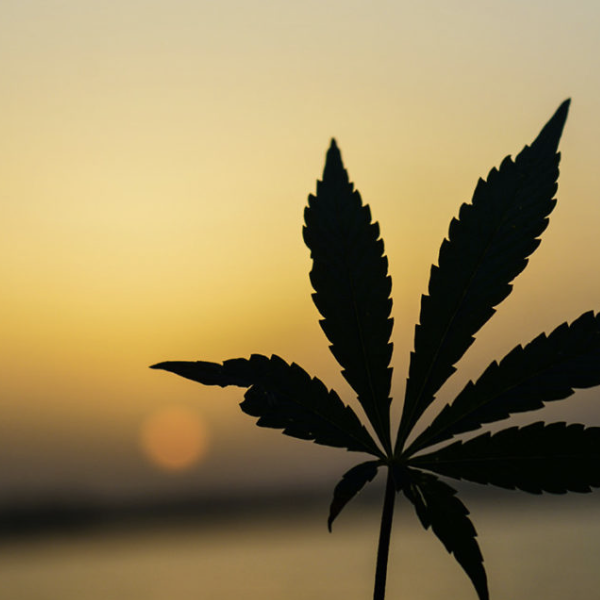
An estimated 40 percent of veterans suffering from chronic pain consume cannabis products to mitigate their symptoms, according to survey data published in the journal Global Advances in Integrative Medicine and Health.
A team of investigators affiliated with the University of California at San Francisco and Yale University surveyed pain patients enrolled in the Veterans Health Administration primary care services program.
Forty percent of respondents acknowledged using cannabis products to manage their symptoms. However, the study’s authors suggested that this percentage may reflect under-reporting because cannabis use is discouraged within the Veterans Administration. Respondents were most likely to report using cannabis to manage pain or mobility (81 percent), sleep (62 percent), PTSD or anxiety (43 percent), stress (43 percent), and depression (29 percent).
This follows news that a new study on cannabis as a treatment for post-traumatic stress disorder (PTSD) finds that medical marijuana—especially non-flower formulations—”represent a cost-effective adjunctive therapy for moderate PTSD under various reimbursement scenarios.”
Investigators affiliated with the University of California at San Francisco and Yale University found that given certain assumptions about the efficacy and cost of medical cannabis for PTSD, it would be worthwhile for health insurance providers and other healthcare payors to include coverage of marijuana alongside other standard forms of treatment.
As nearly all patients in the U.S. have discovered, health plans don’t always cover full medical costs. Medical marijuana patients currently pay for cannabis themselves, without reimbursement or cost-sharing from medical plans. The study says that given the apparent utility of the substance as a PTSD treatment, medical marijuana is a worthwhile investment for health insurers even if they cover costs in full.
“This study finds the dried flower is likely less cost effective compared to other medical cannabis products,” it says. “While medical patients may have preferences towards using dried flower, from a payor perspective, it may not make sense to reimburse for all types of medical cannabis products. Evidence here, combined with existing body of literature examining the impact of smoke inhalation on lungs, suggests payors may reduce some of the negative harms and promote some of the positive benefits from medical cannabis through strategic reimbursement strategies that are cost effective, largely safe, and likely efficacious.”








